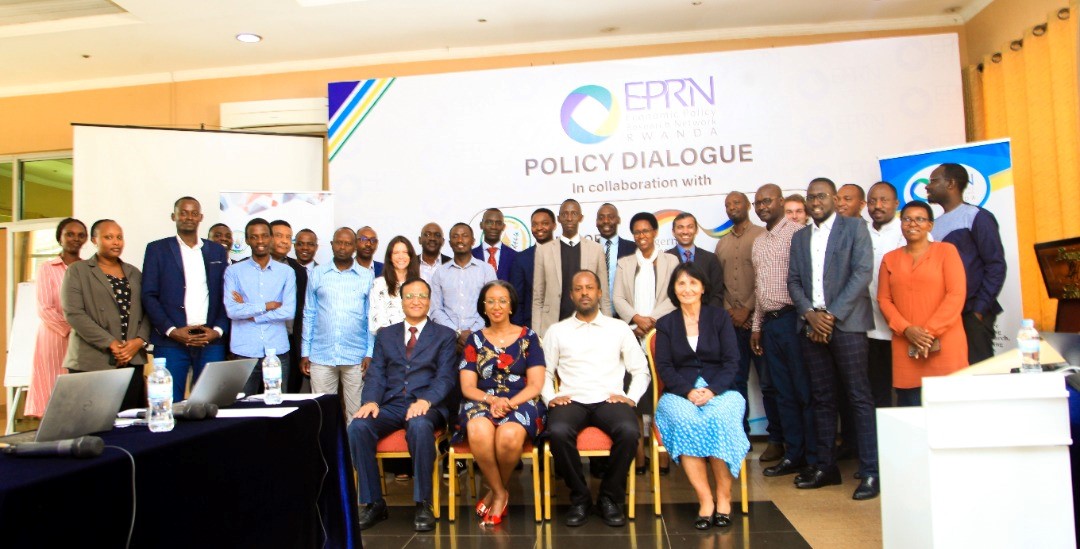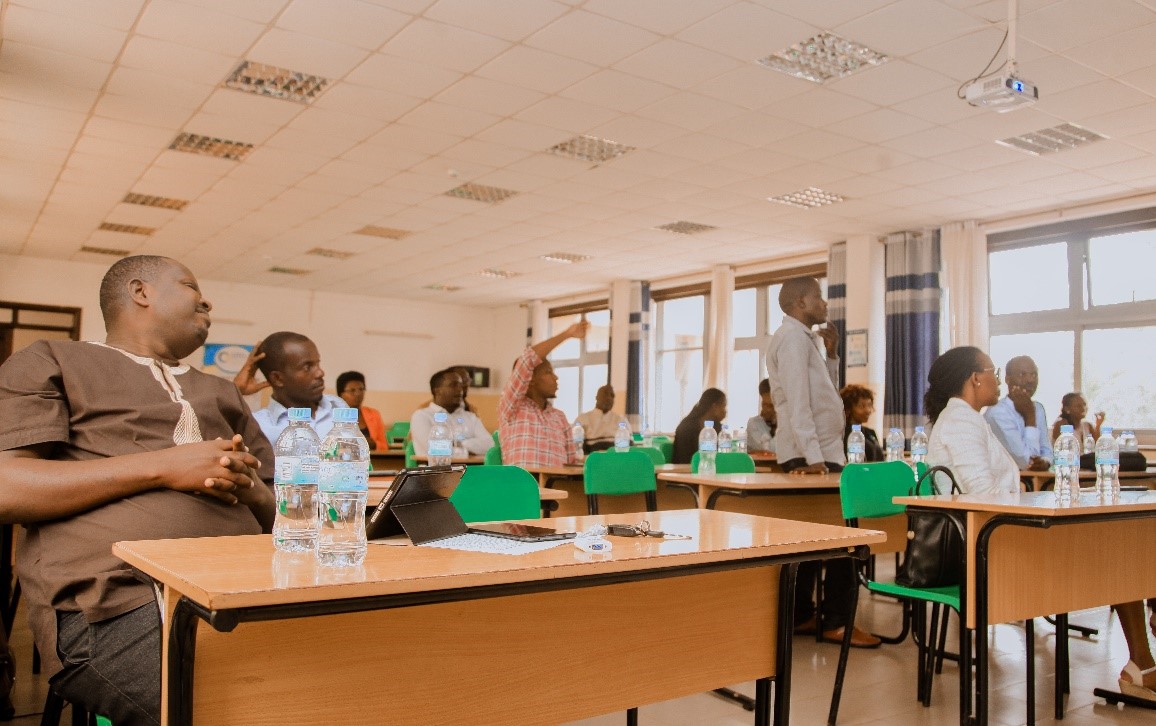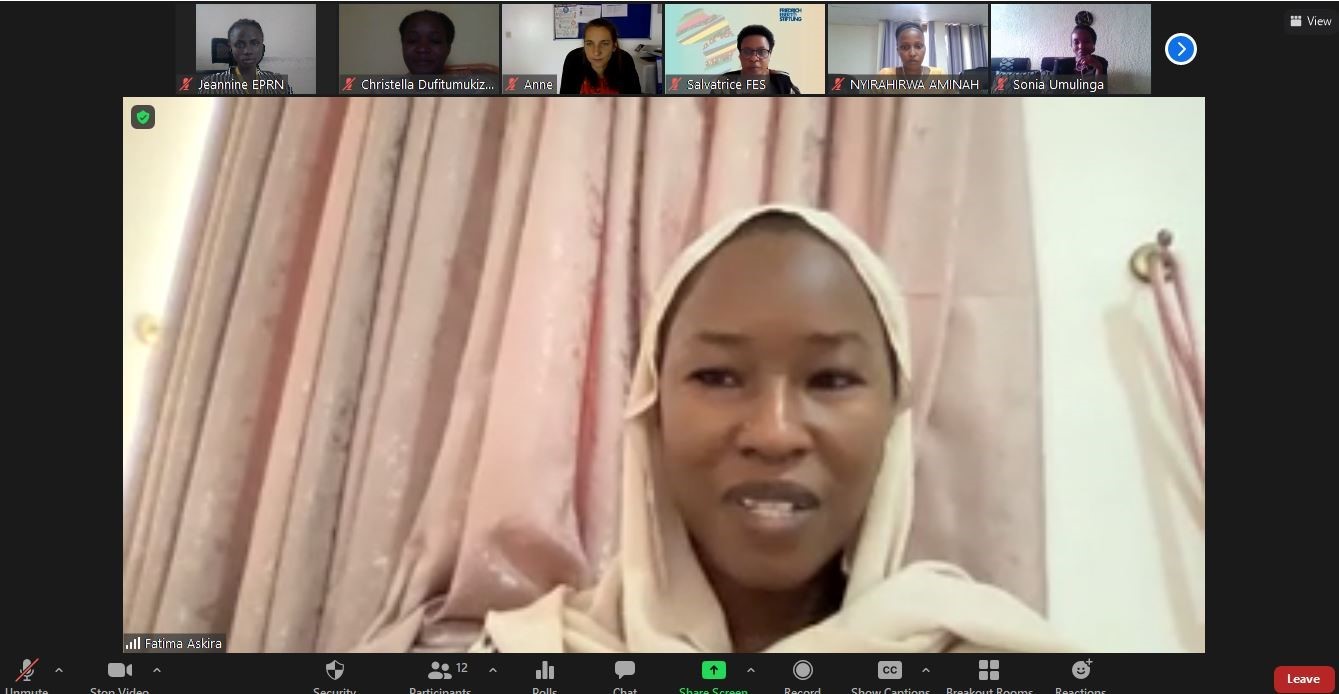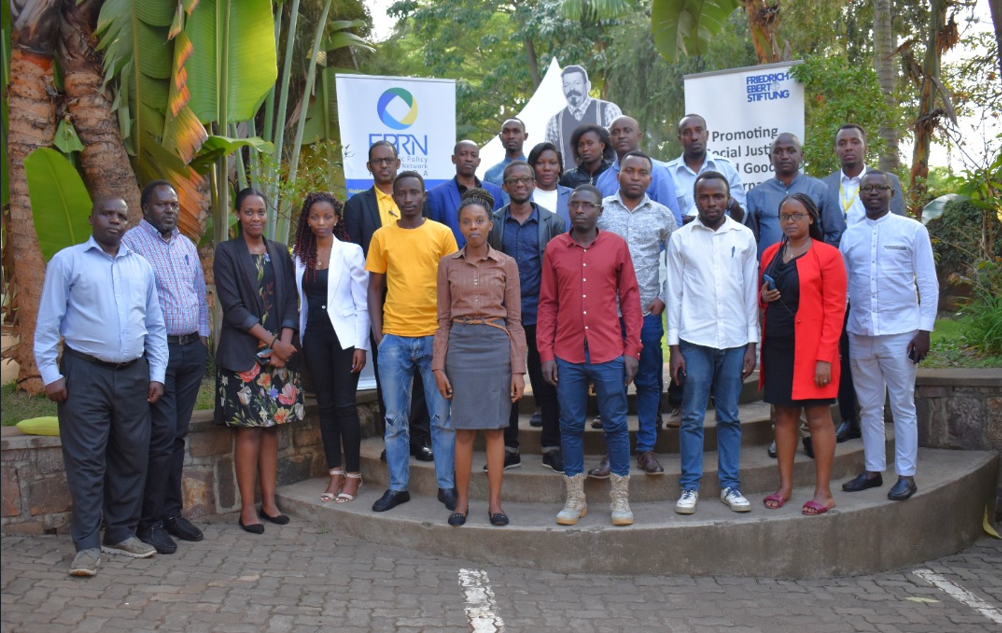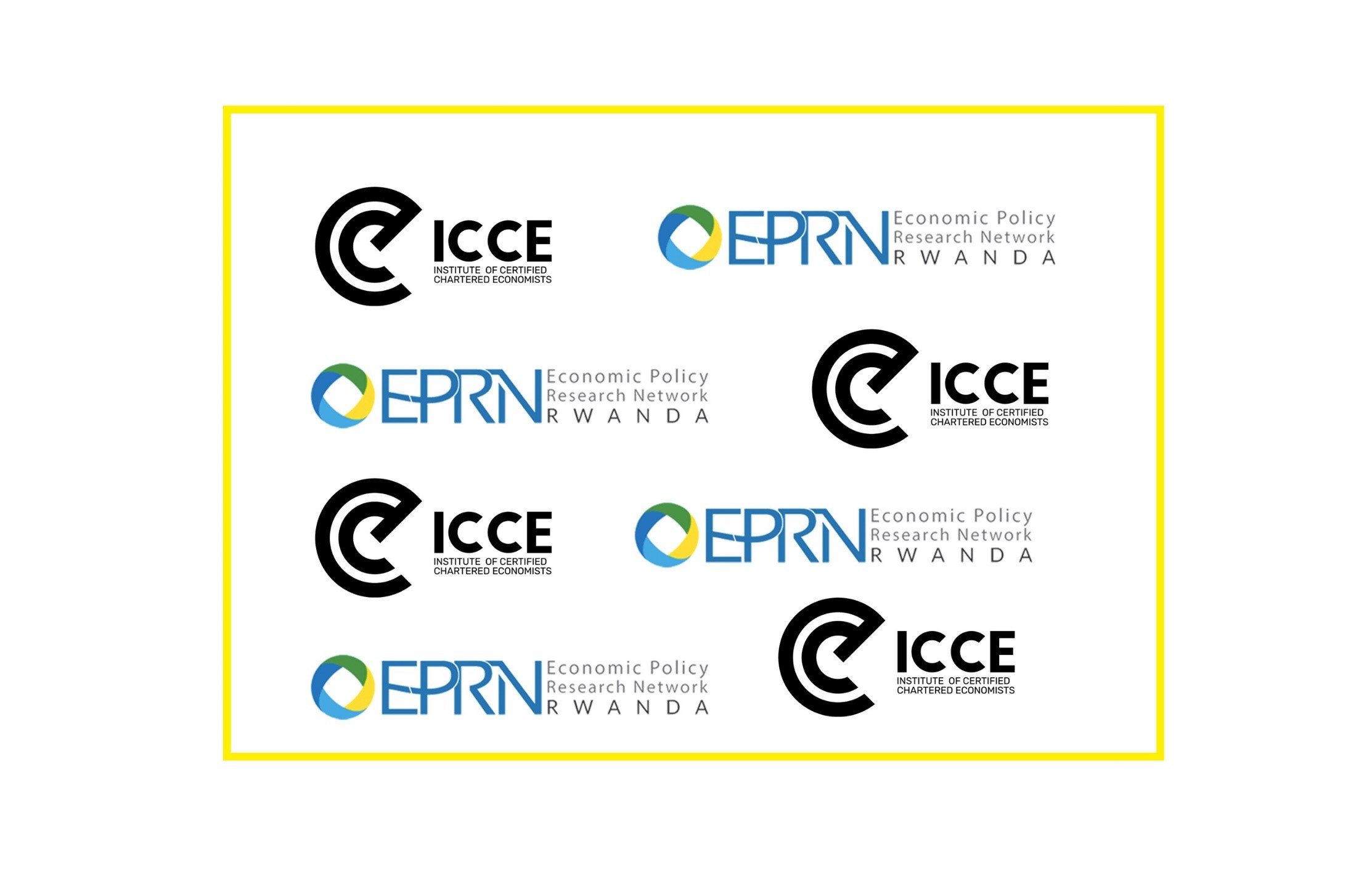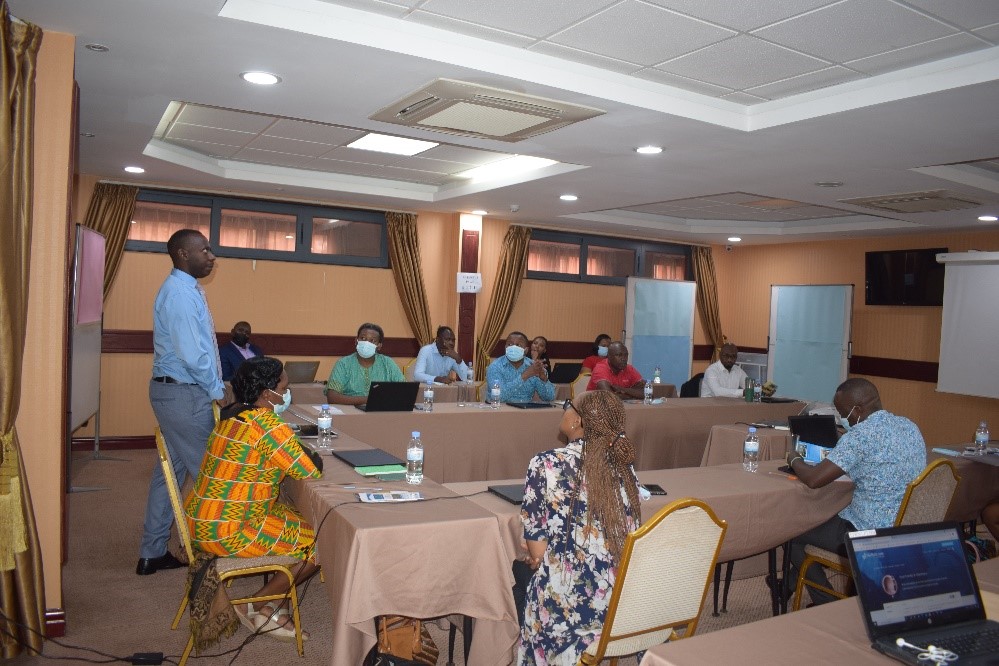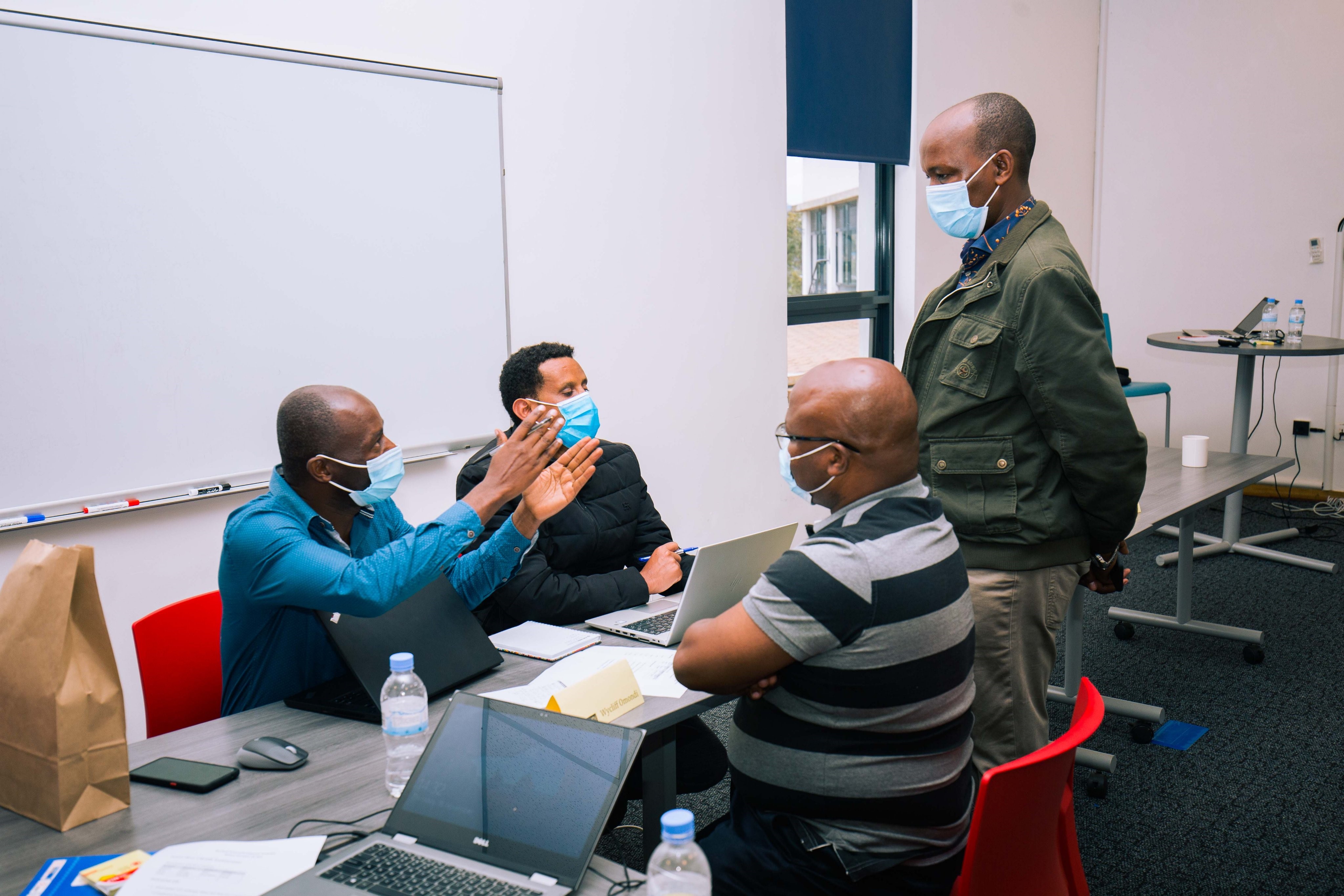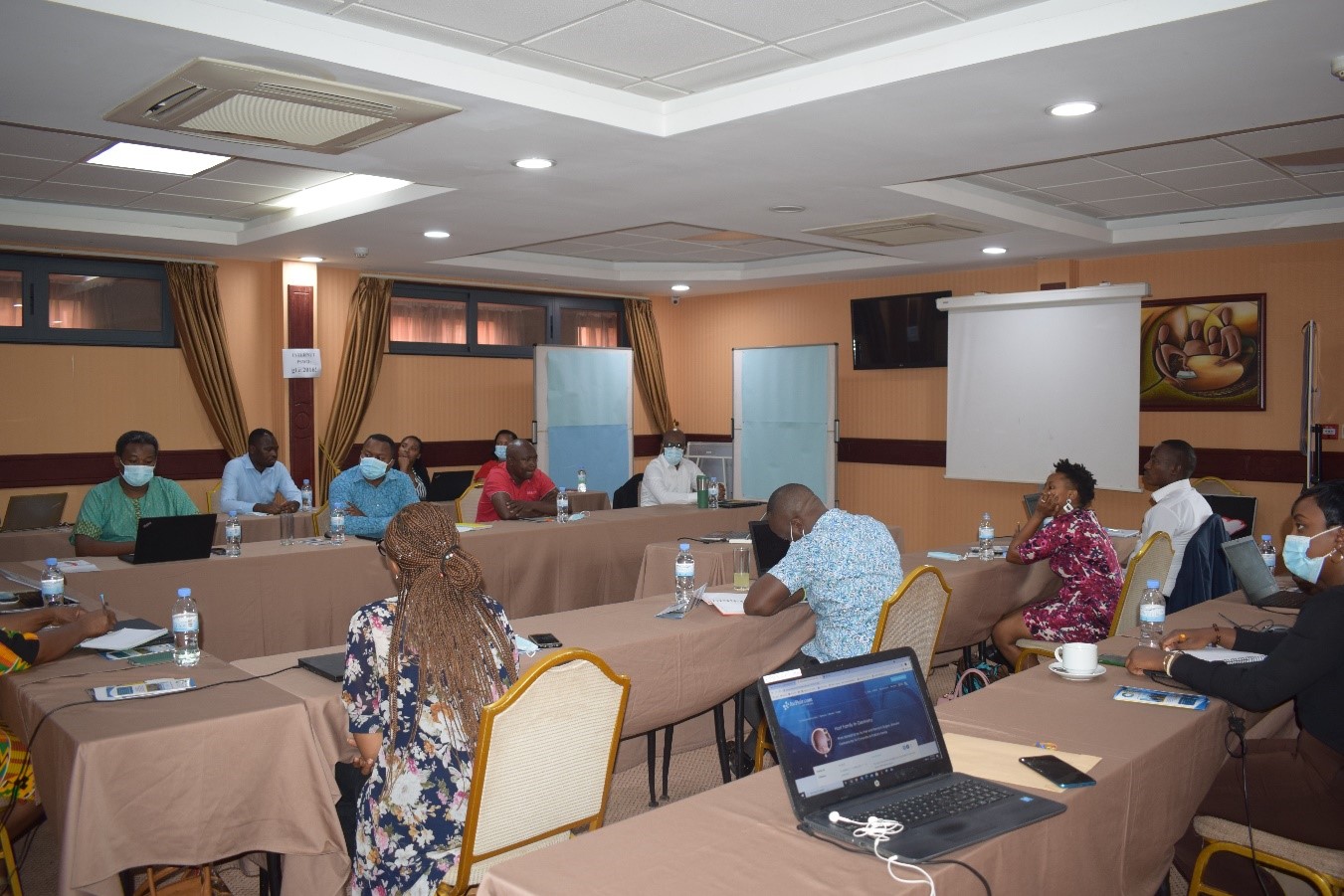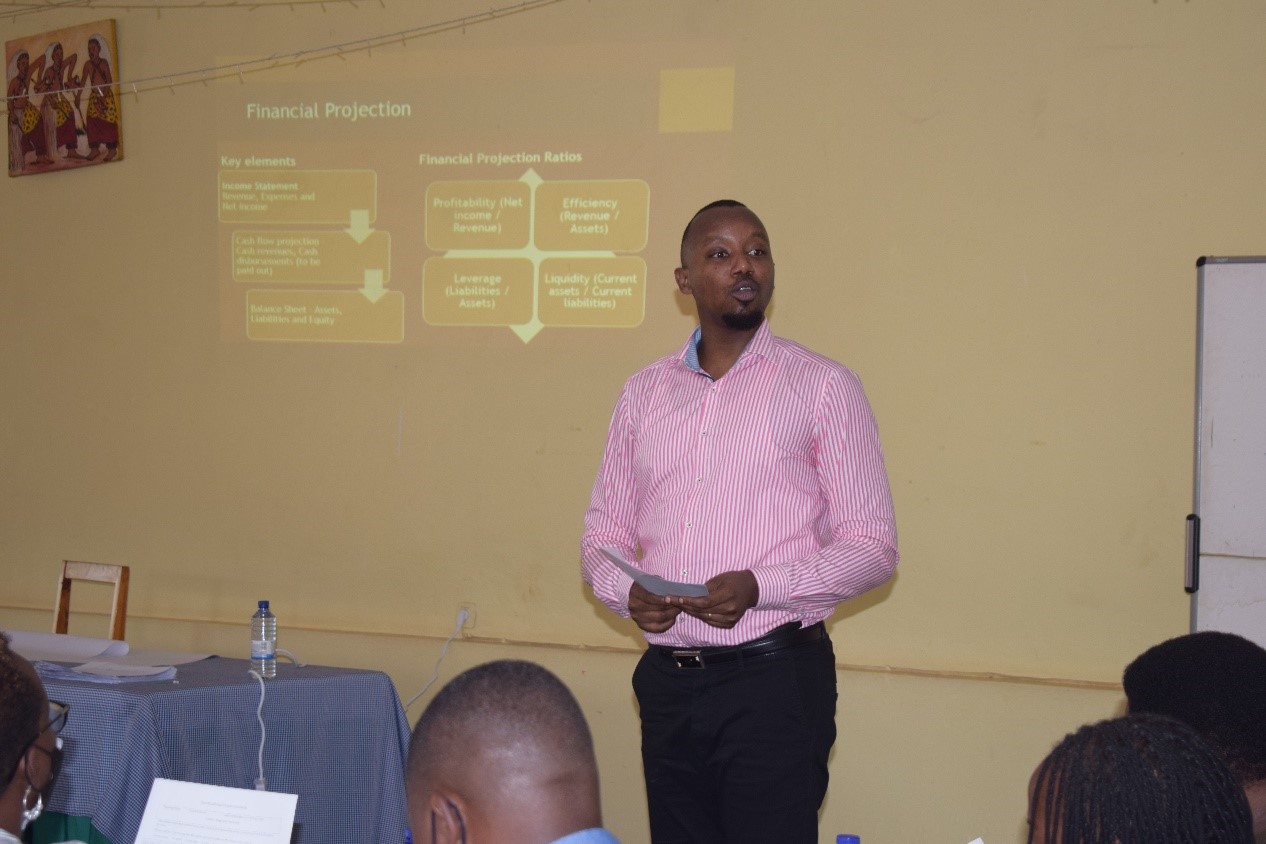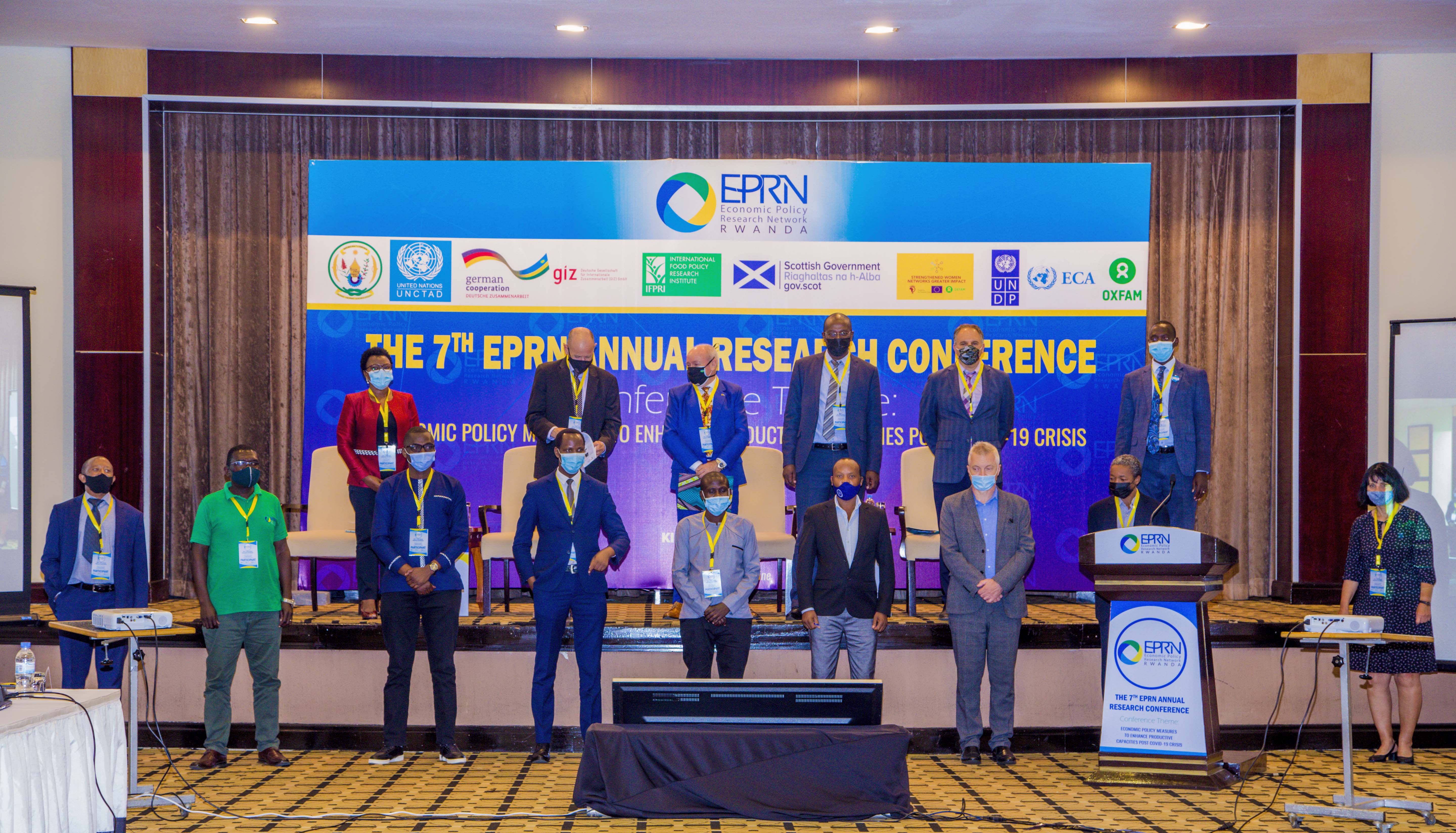EPRN Rwanda has been sub-contracted on the consultancy to develop recommendations on business development support (BDS) for financial access, which includes financial literacy on behalf of the SADC.

1.Introduction
The Support to Improving Investment and Business Environment (SIBE) Programme is a five-year Programme, implemented by the Finance, Investment and Customs (FIC) Directorate and financed to the tune of €14 million by the EU under the 11th European Development Fund (EDF). The Financing Agreement and the Contribution Agreement were signed in June 2019 and August 2019, respectively. The Programme will be implemented over a period of 55 months from the date of signature of the Agreements. The Programme is implemented by the SADC Secretariat and covers all the 16 SADC Countries. The overall objective of the Programme is to achieve sustainable and inclusive growth and support job creation in the region. The specific objective of the SIBE Programme is to develop the region into a SADC investment zone, promoting intra-regional investment and FDI in the SADC region, in particular for SMEs.
This Assignment is being commissioned under SIBE RA 2 “Enhanced integration of financial markets in the SADC region is promoted”, Activity 2.1.1.2 “develop recommendations on business development support (BDS) for financial access, which includes financial literacy”. The Southern African Development Community (SADC) developed a Regional Financial Inclusion and SME Strategy (2016-2021) the process to update this strategy is underway. The strategy identifies key priority areas for action, including the development of a supportive regulatory environment, the promotion of financial literacy and consumer protection, and the development of innovative financial products and services. The strategy also recognizes the important role of digital financial services in expanding financial inclusion and highlights the need for collaboration between stakeholders to achieve these objectives. SMEs are recognised as an engine of economic growth, development, and transformation, in the SADC region SMEs account for over 60% of Member States GDP and over 50% of employment. SMEs are also said to be responsible for driving local innovation and competition in many economic sectors. They have promoted indigenous entrepreneurship and have also served as a substitute for importation, thereby, encouraging exportation. SME growth and informal sector formalisation have been cited as key policy agenda items to drive the development and sustainability of local economies. The importance of SMEs to drive economic growth in the region is acknowledged and recognised and several measures to support the growth of SMEs have been put in place both at regional and Member State level, however there is still need for targeted action to ensure effective and efficient support. Access to finance remains a key constraint to the growth of SMEs in the region, and in an attempt to curb this constraint it has become evident that central to the efforts to increase access to finance there is need to extend business development support to address other impediments such as ;
• Skills gap
• Insufficient record keeping
• Lack of Credit Information
• Infrastructure
• Research
• Financial Literacy
• Limited regulatory environments
In order to facilitate access to finance there is a clear need to afford SMEs business development support which will enable eligibility for financing products.
2. Objective of this assignment
The global objective of the assignment is to recommend how best to support SMEs in order to facilitate ease in SME access to finance. SME need a wide range of support to ensure growth and facilitate access to finance. The Specific Objectives of the assignment are :
• Review of the current landscape of SME support, assess the level of access to finance SMEs in the region has, highlight the limitations to increased access to finance.
• Conduct a review of existing business development support programs for SMEs in SADC member states, including financial and non-financial support programs
• Identify best practices and success stories in business development support for SMEs from SADC member states and other regions.
• Develop recommendations and best practices for business development support for SMEs in the SADC region based on the findings from the review and analysis.
3. Methodology
EPRN will use participatory approach to collect and analysis e data. The data collection for the assignment will be done in two parts. The first part will be the collection of secondary data through a desk review as highlighted above. The second part will be the primary data collection which will be done through digital data collection means. The data gathered will include relevant policies and BDS frameworks, financial inclusion indicators, access to financial services, and the barriers preventing widespread financial access.
Qualitative information will be gathered through questionnaires which will be sent to focal persons in each Member State. The information will be confirmed through interviews with the focal persons using virtual methods like Microsoft Teams and/or Computer Assisted Telephone Interviewing. The information gathered from Member States will be transcribed in readiness for analysis by the Research Associate.
The digital data collection approach will be applied using the Kobocollect software. The data will be collected using a structured computer-based questionnaire programmed in Kobo Toolbox.





